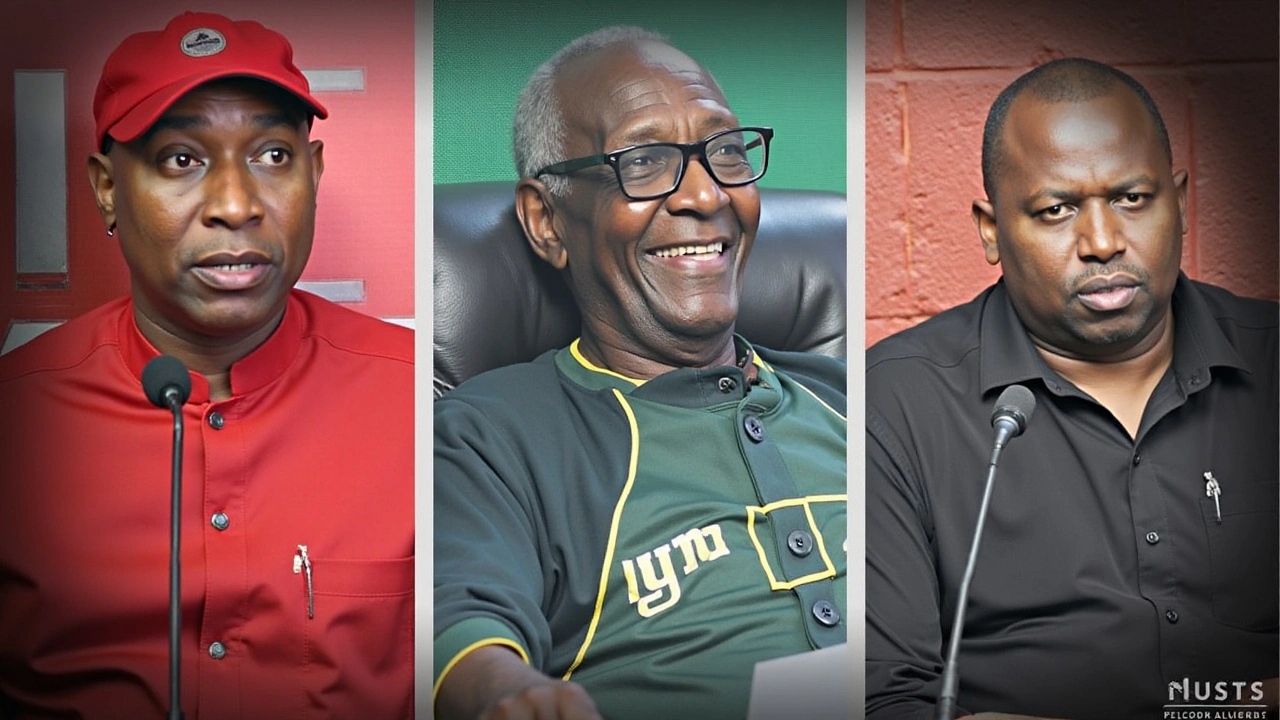Understanding the Government of National Unity
When countries face deep divisions or crises, one way they try to keep things steady is by forming a Government of National Unity. This kind of government is all about different political parties coming together, sharing power, and working as a team to lead the nation. It's a smart way to stop conflicts and give everyone a voice in decisions.
So, what exactly is a Government of National Unity? Simply put, it’s a coalition where rival parties agree to join forces rather than fight for control. Instead of just one party running the show, multiple groups get a spot in the government, including key ministries. This cooperation helps avoid political deadlock or violence, especially in times of crisis or after tough elections.
How Does It Work in Practice?
Governments of National Unity usually appear during or after civil conflict, political unrest, or when no party wins a clear majority. By sharing roles and responsibilities, parties build trust and focus on common goals like rebuilding the economy or improving security. The idea is not to erase political differences but to handle them through dialogue and compromise rather than confrontation.
For example, take Kenya’s Government of National Unity formed in 2008 after a disputed election. Rival leaders agreed to work together to stop violence and stabilize the country. They shared power between the main parties, creating a setup where both had important roles and responsibilities. This helped ease tensions and gave the country time to heal.
Benefits and Challenges
This form of government brings clear benefits: it promotes peace, encourages cooperation, and boosts confidence inside and outside the country. Instead of constant battles for power, the focus shifts to governing effectively and addressing citizens’ needs.
But it’s not always easy. Managing different opinions and ambitions can slow decision-making. Sometimes, parties may struggle with trust or try to use their positions to gain unfair advantages. Effective communication and commitment are key to making these governments work.
If you’re curious about how politics can be more cooperative than competitive, Governments of National Unity provide a powerful example. They show how facing problems together can lead to stronger, more stable countries.

